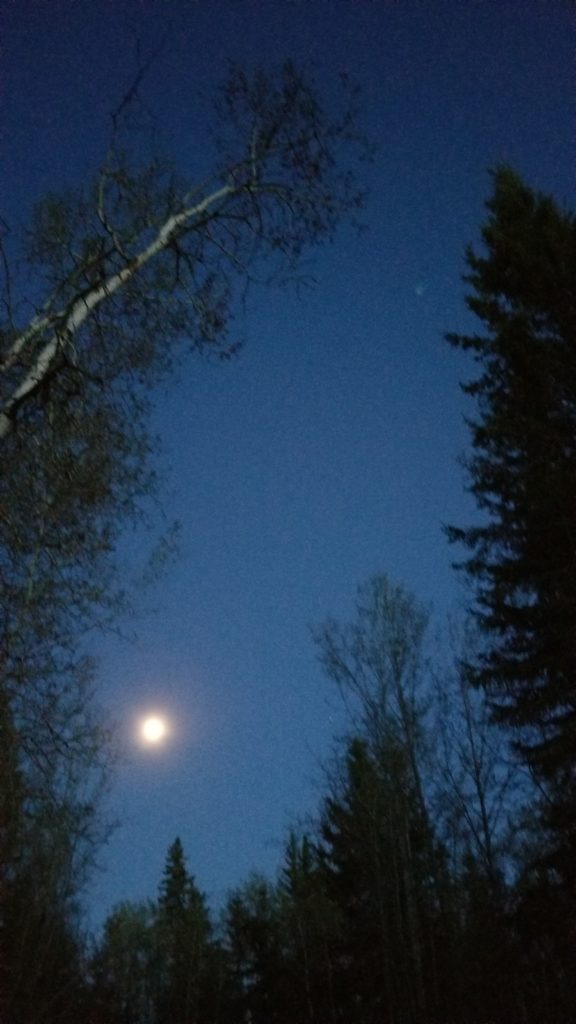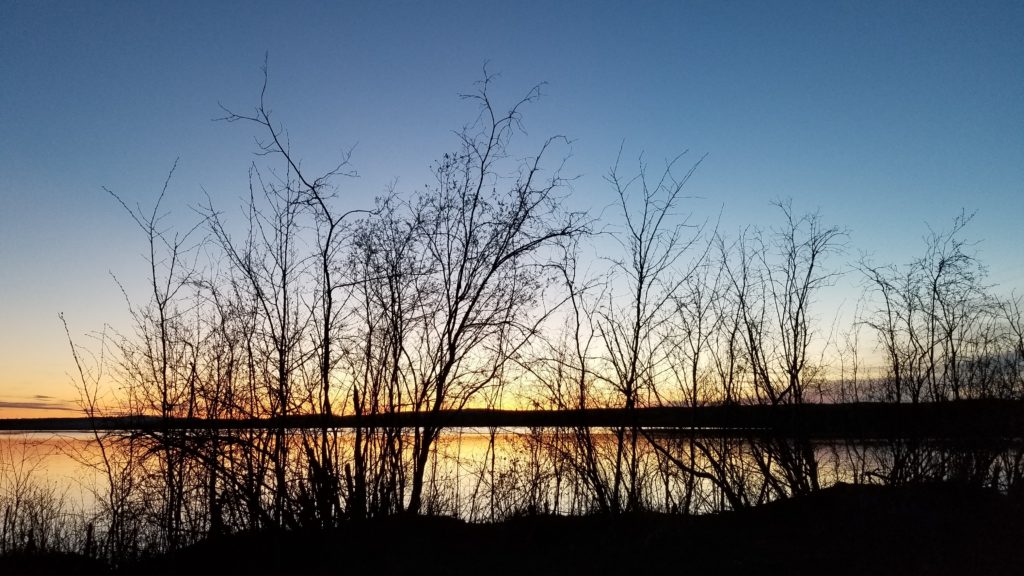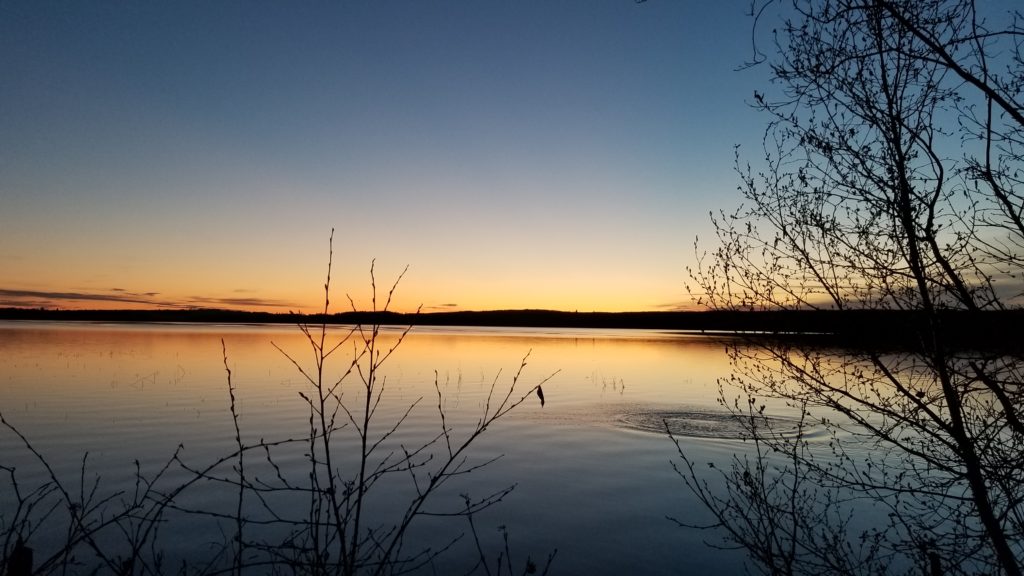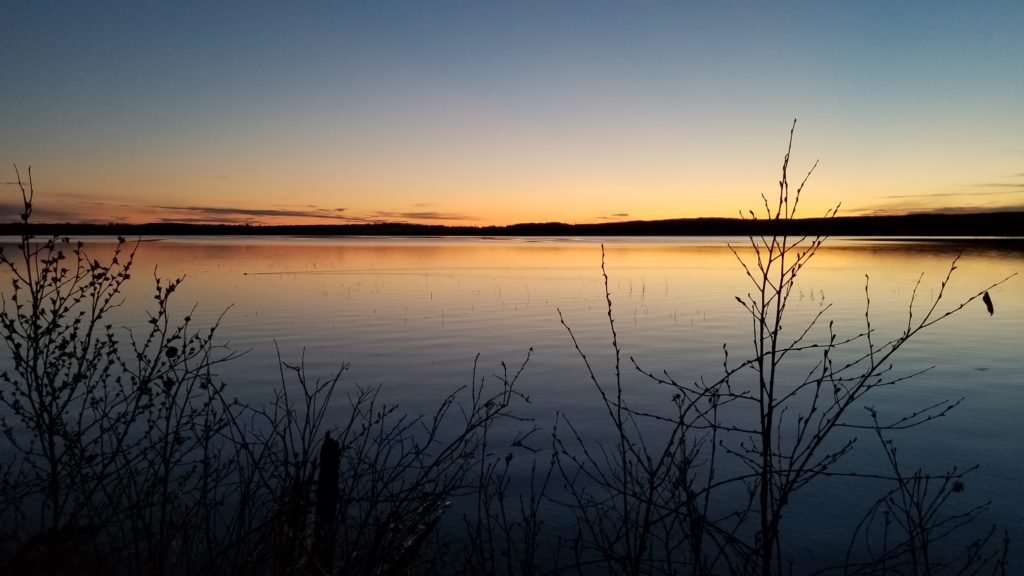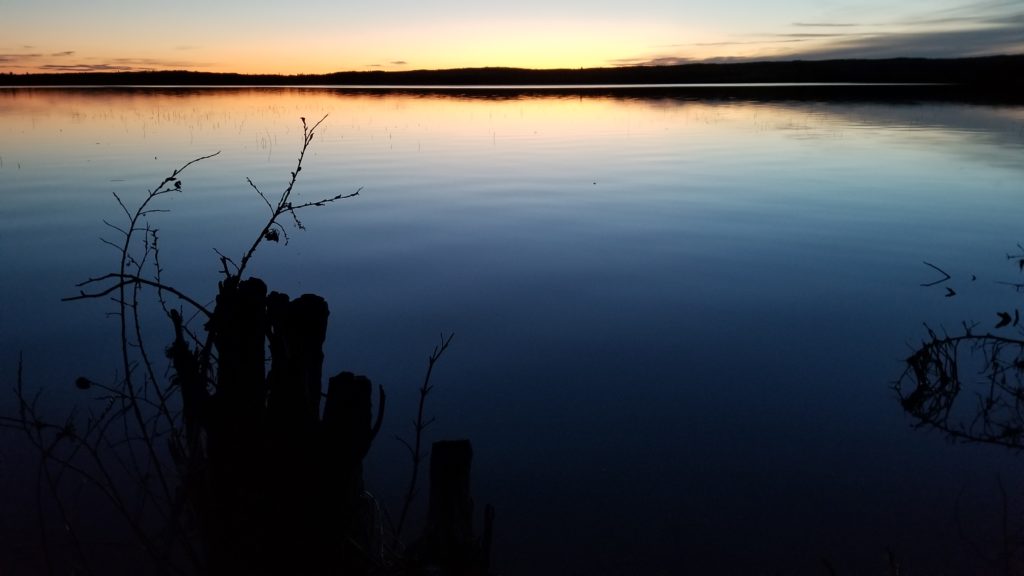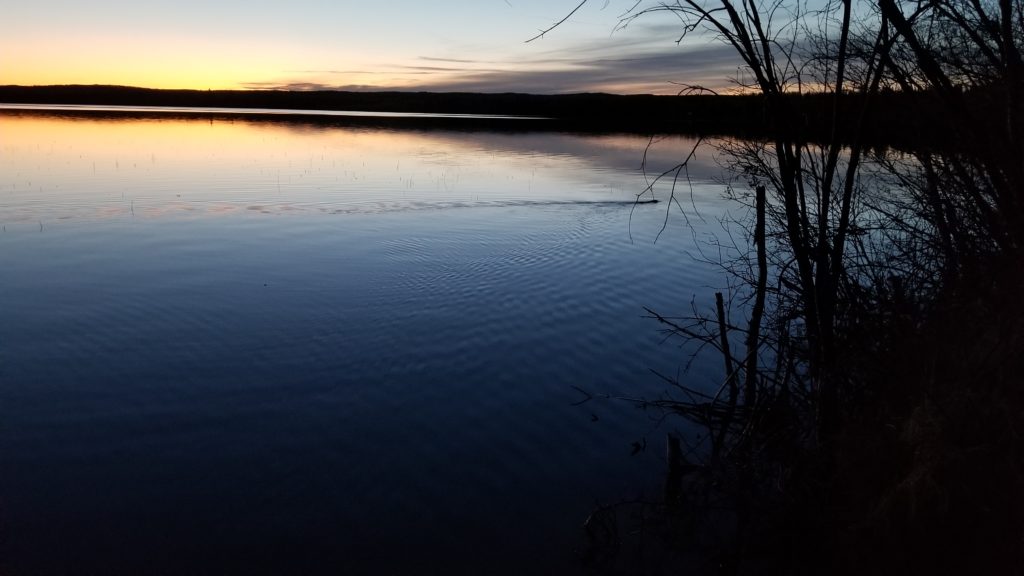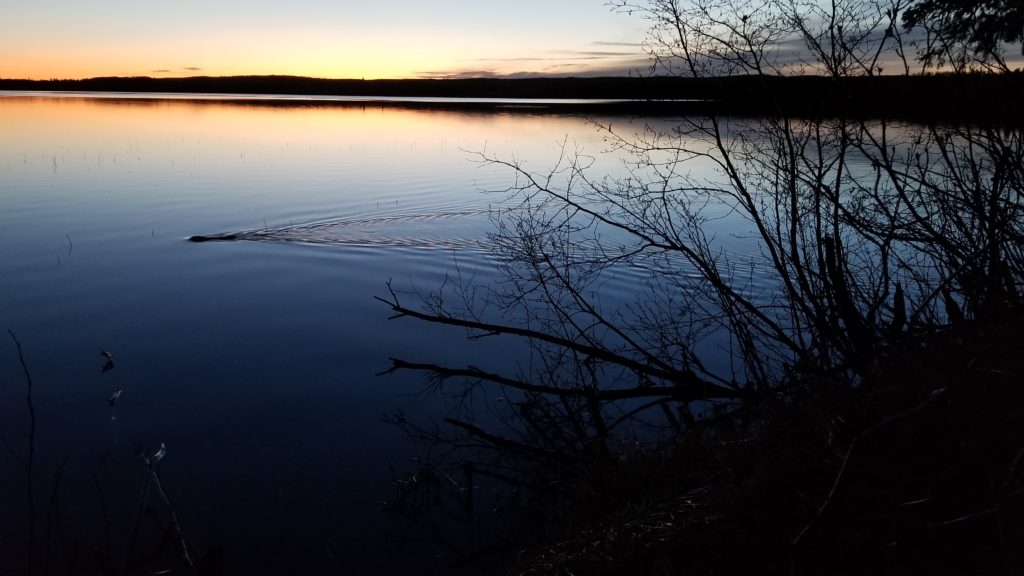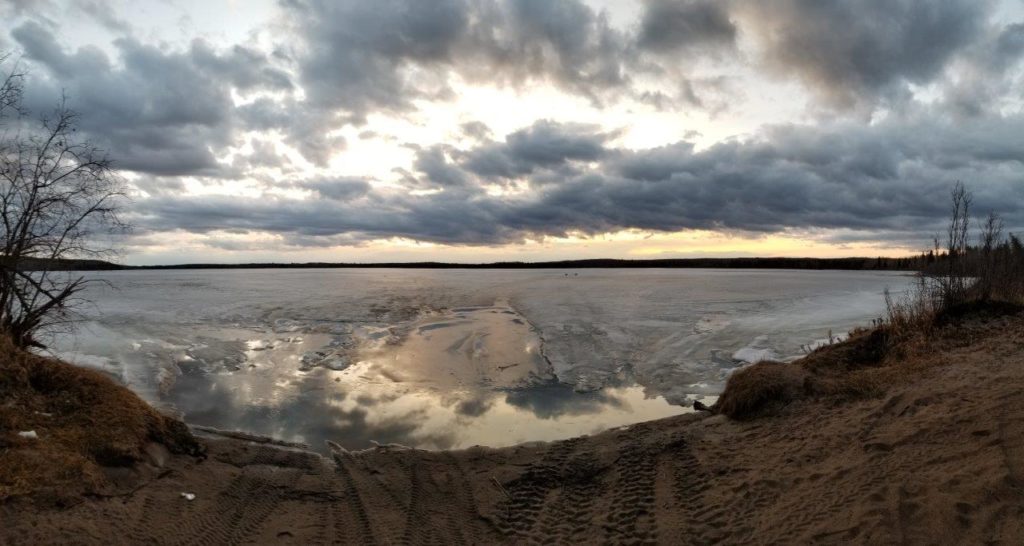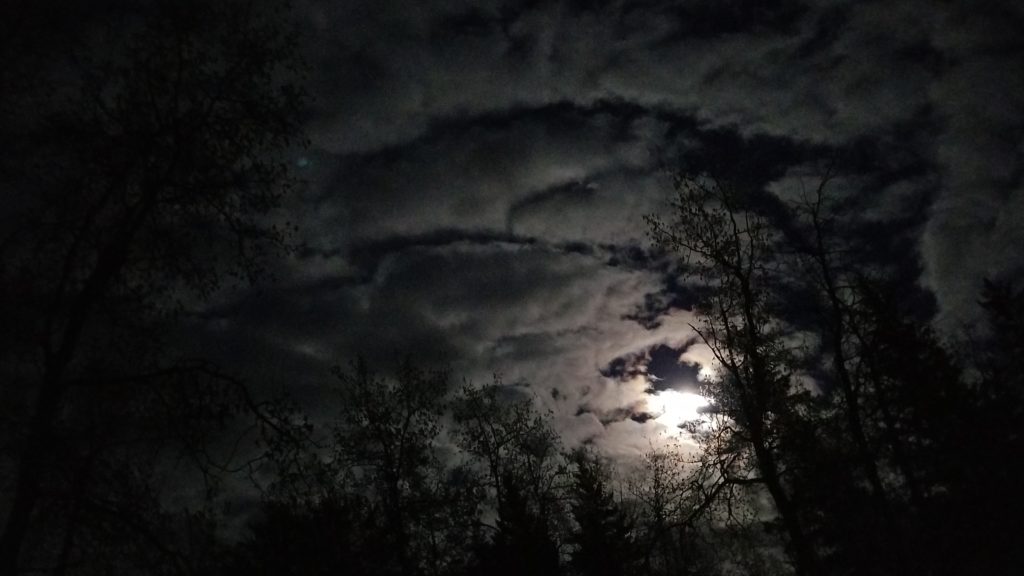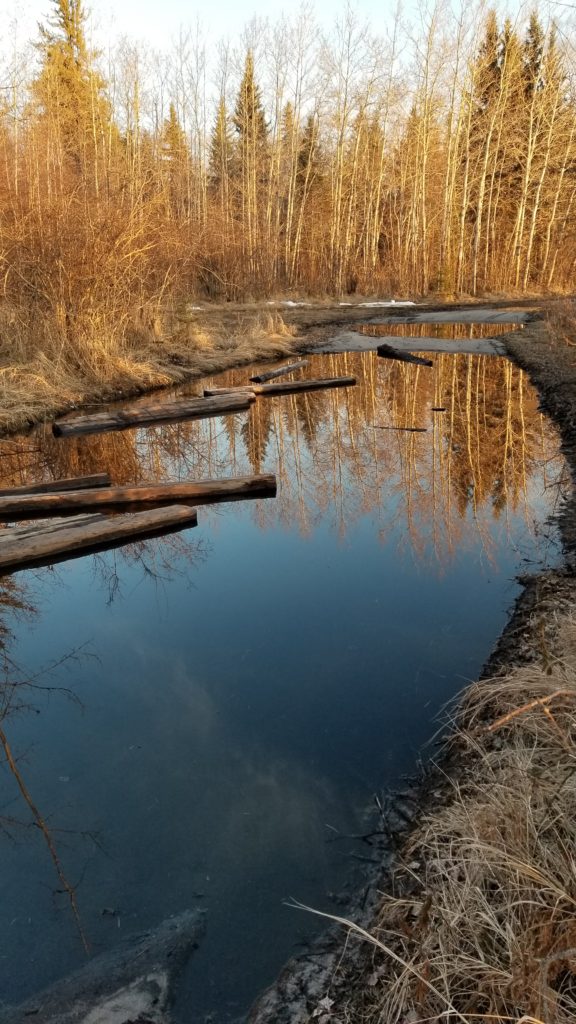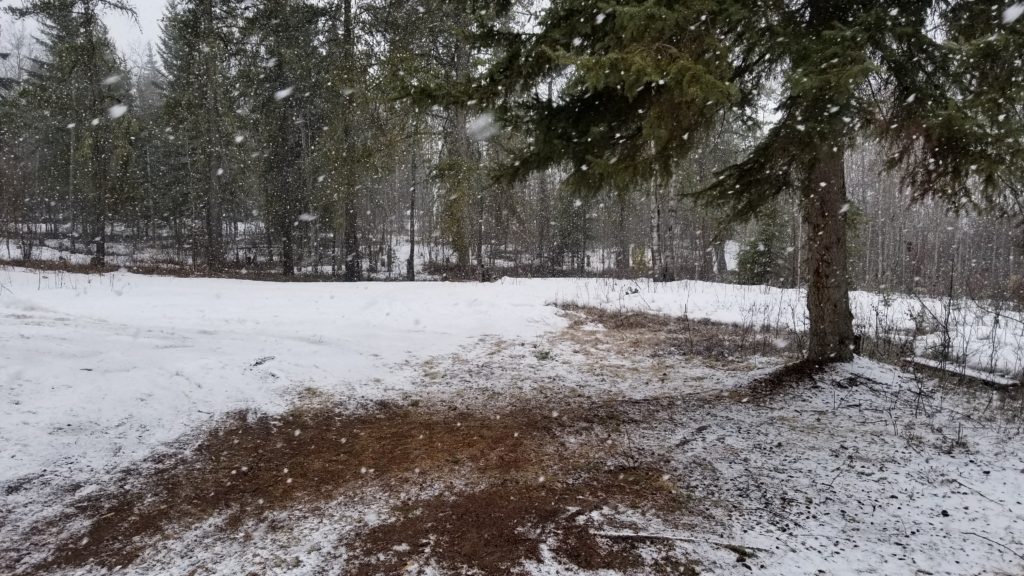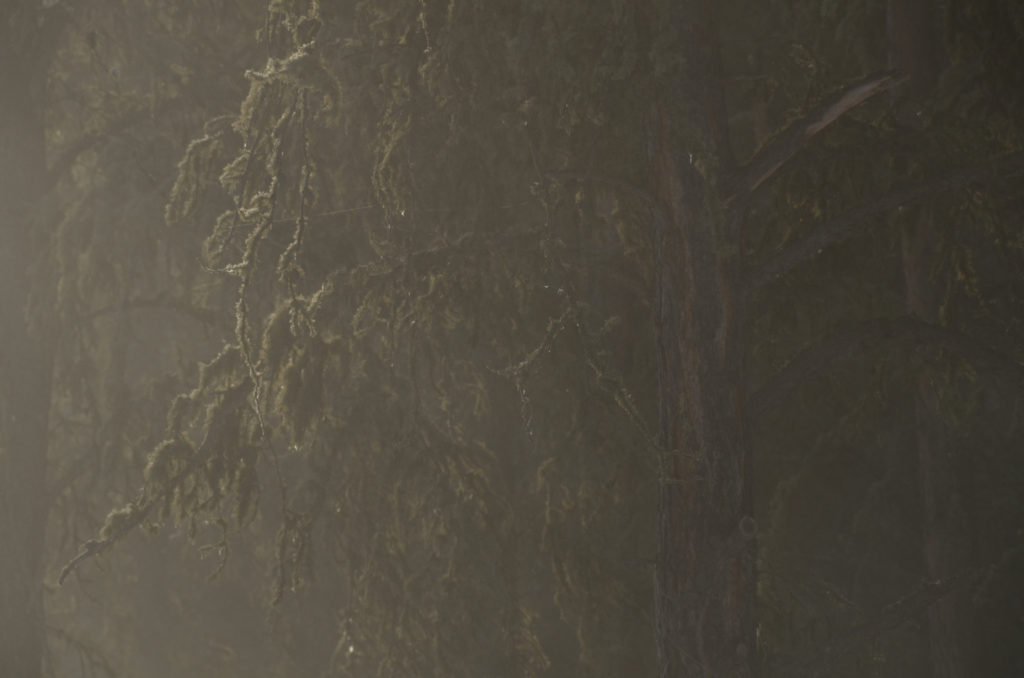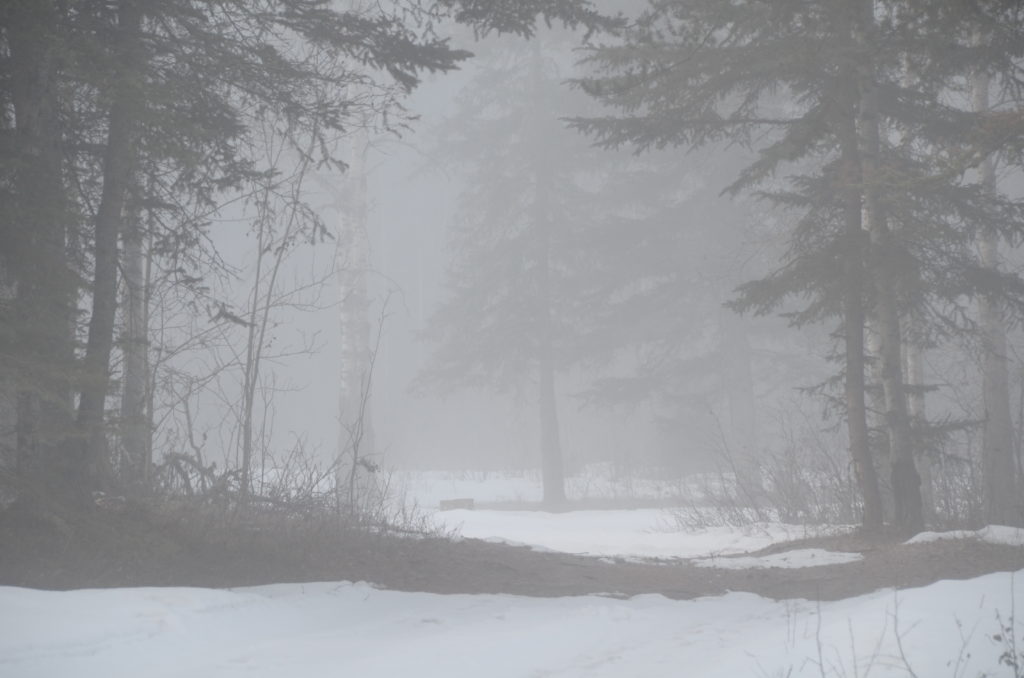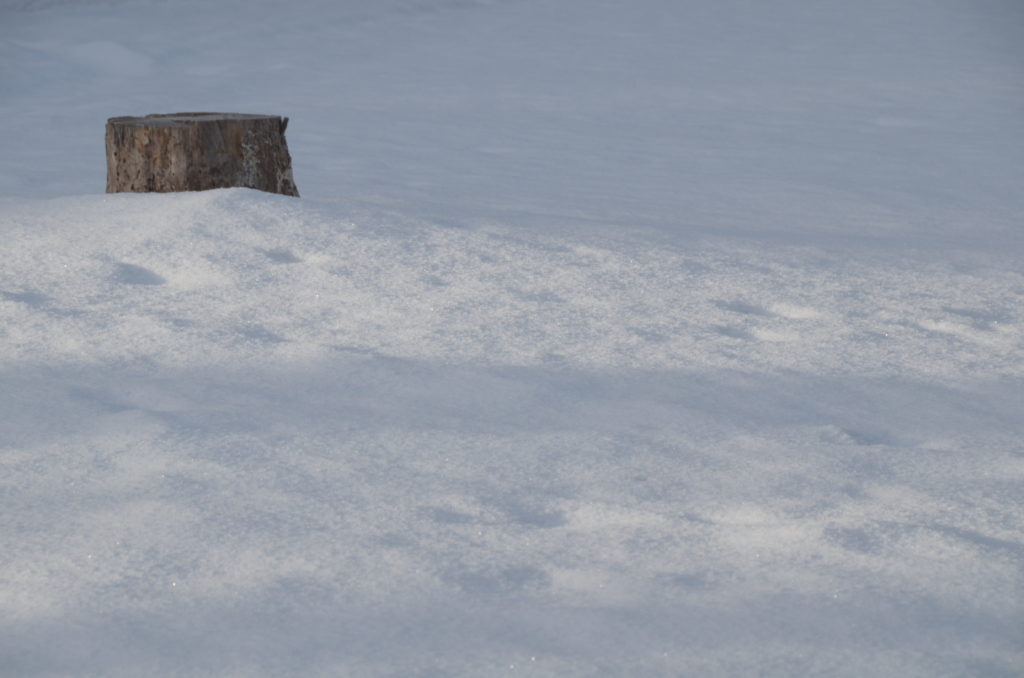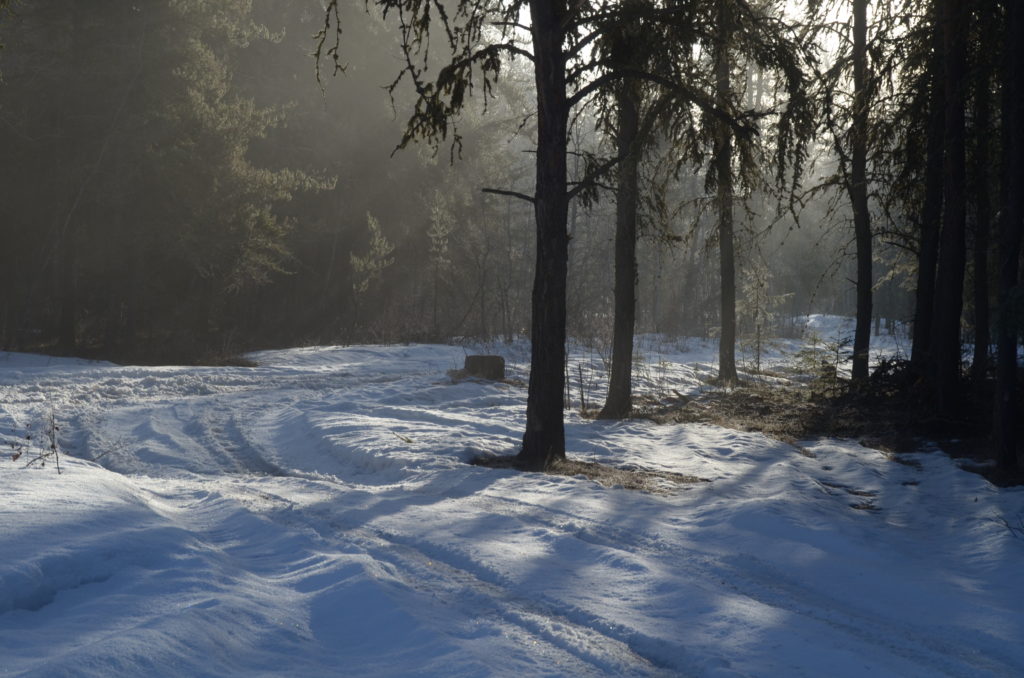Genesis 11:1-9
Thoughts
One language,
One language, one gathering,
making a name
making a name for themselves:
God helps
God helps them avoid disaster: nothing will stop them! Not even them destroying the planet or at least life on it.
God saves us by ending it, prayer answered: NO!
God comes to see the city, the tower, and God is alarmed? Displeased? Not said: just God ends it: confuses languages and scatters them.
Divisions vs community
Divisions over conflict is EASY, building community despite differences is the challenge, the miracle that shows God is at work with us!
Confuses Gramma [r]s
God confuses their language, into different words, sounds, gramma(r)s, they leave off the tower building.
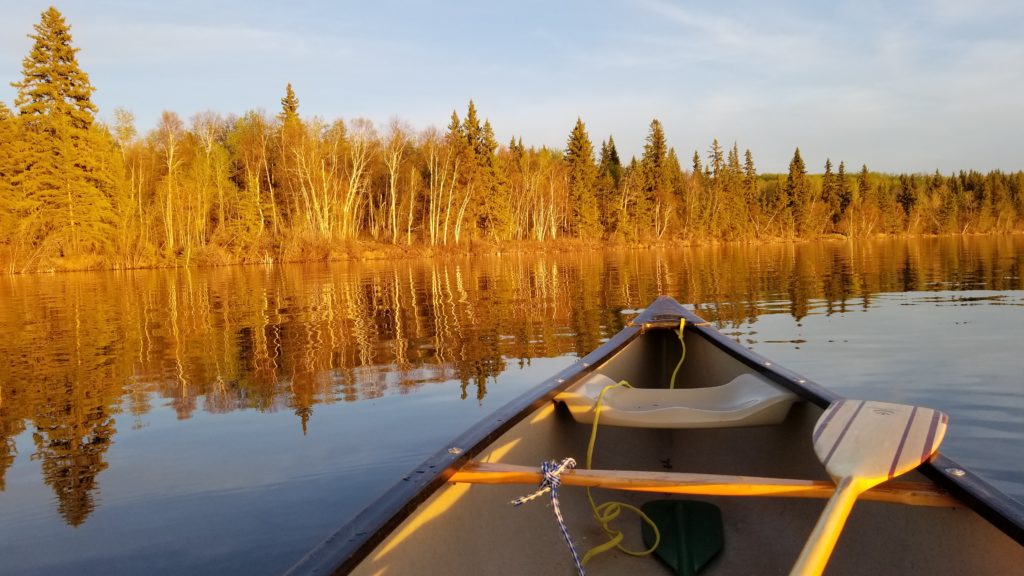
Acts 2:1-21
Thoughts
Language
HS with ability to hear and understand, unites people from every language into the church,
All hear in their own language: not glossolalia! But clear speech beyond language barriers!
Fire:
All that it is: God’s presence, God’s guide in wilderness, mark of humans, gathered at campfire safe from animals who fear fire, fire that purifies by consuming dross, as judgment purifies us of sin, by consuming it with fire.
Fires burn, destroys: revenge of the earth to climate change by burning fossil fuels beyond our share. We’ve built more than than the tower of babel. We’ve setup the earth to turn on all the life on it, us included.
Fires: prevented fought down, now the fuel available is generation’s worth, burns all at once and the sun is blotted out.
Solar power: winter 1.2 to 3 maybe 4 amps. Now in mid day 15 easy.
But with fire’s smoke, down to 3 or 1 or less.
Solar power, the basis of photosynthesis; the growth of plants, upon which the chain of food is built, from smallest life forms, to plants, to small bugs, to small animals to larger animals to largest to the most dangerous: humans.
Prophesy of Joel:
All will prophesy, sons and daughters, slaves men and women; old men will dream dreams (usually stop because there is no hope that the dreams can be fulfilled or seen through, a surrender of the world to the younger generation) but here: old men dream and set to being the fulfillment of dreams, God’s dreams.
Portents:
blood, fire, smoky mist, moon to blood,
Lord’s Day
before the Lord’s glorious day!
Be saved
Call upon him and all will be saved!
John 14:8-17 [25-27]
Thoughts
Satisfied
We will never be satisfied, but we continually hope.
Even when what we ask for is right in front of us, we ask for more.
Miracles
DO help us believe that Jesus is God is the Holy Spirit is Jesus … is working in our midst
Ask, I will give. But so much asked for and not ever yet given.
Be careful what you ask for, sometimes Jesus gives us what we ask for: we ask for foolish things, impossible things, things that will hurt others, and Jesus answers NO. Other times Jesus gives us what we ask for and we do not recognize it.
Love and Obey
Love is to obey Jesus’ commands: to love your neighbour as yourself and your enemy!
Lawyer in court – Advocate – Of New
God gives advocate (lawyer in God’s Court for us), who will be with us forever, though Jesus goes away.
We see HS, the advocate, the Spirit of Truth! Able because God is in us, HS in us
World cannot receive him, does not see him,
New, always present
Jesus tells us, so we will know, but the Advocate will be with us, reveal new things, make us see new things, remind us of Jesus!
No worries Mate
Do not be troubled, do not be afraid (Fear is the greatest enemy), anxiety gets people to behave in bad ways.
1. Thoughts Towards an Outline
Fire:
the season, the ban, the power, the saving power – distinctively human
the destroying power, wildfires, smoke, solar blocked, photosynthesis, stopped, dross, judgment where sins are burned away like dross, leaving us pure, ready for the New Jerusalem.
Spirit
Ruah, breath, spirit into inert forms →life, inspiration, spirit means vivified, and for God’s good purposes.
Language
Language, the basis of communication, but more, the basis of thought! New language, new thoughts, new history new manners:
2nd language: a world opens up when one lives in it.
Computer languages: a whole new world opens up, but it is not filled with people, but imaginations made statically moving, reading conjures up the creative imaginative mind. TV rests the mind and slowly atrophies thoughts and creativity; computer interactions with games, deepens the narrowing of the thought, away from others, to chips. Everyone knows chips are not healthy, not potato chips, not chocolate chips, though tastey; neither computer chips alone.
But as a tool, as an avenue to other people, to expand imagination in writing and conceiving uses, ways to be used, ways to be helpful to others: first text to talk: allow blind woman to continue significant work in the community (PR),
Reaching to the Heavens

Reaching to the Heavens, the dream of humans since we peered at the stars outside the safety of the cave.
Space travel.
Conflict and Differences
Conflict and Differences : Blessed by God, caused by God to save us from our own selves.
Limits on name for ourselves: God’s blessing
Working out the bugs

There are some bugs to work out, of course, these are just rough thoughts scratched together.
